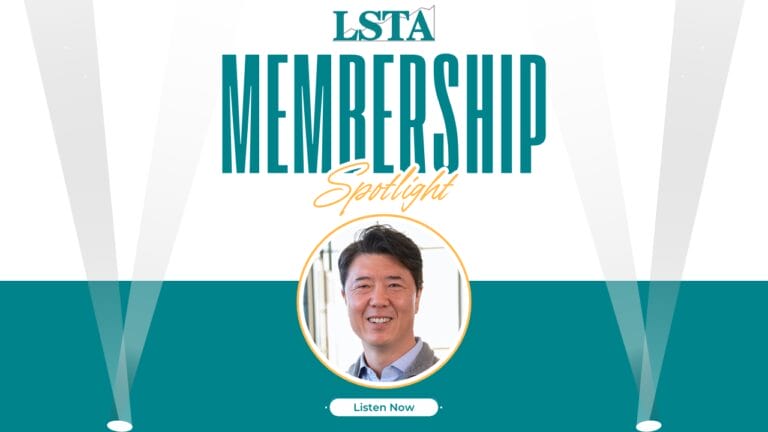February 10, 2021 - On February 9th, the LSTA hosted the latest in its quarterly series of webinars covering Recent Developments in Bankruptcy. This installment was moderated by the LSTA’s Elliot Ganz and, as usual, featured Richard Levin of Jenner & Block. The session started with a discussion of important changes to the Bankruptcy Code included in the recently passed Consolidated Appropriations Act (aka CARES II). The new PPP loan program now permits (subject to SBA approval) the extension of loans to certain debtors in Chapter 11. The SBA had interpreted the previous iteration of PPP to prohibit such loans. Other changes included allowing additional time for lease performance in subchapter V cases; additional time to reject or assume leases (210 + 90 days); and several consumer protection provisions. Mr. Levin did not anticipate any additional bankruptcy changes coming out of the next COVID relief bill or budget reconciliation bill.
Mr. Levin then discussed a series of important recent cases, including one that supported the SBA’s previous position on PPP loans to bankrupt companies. In USF Fed. Credit Union v. Gateway Radiology, the 11th Circuit Court of Appeals ruled that the SBA’s interpretation of the CARES ACT was reasonable and did not violate the Administrative Procedure Act. As Mr. Ganz pointed out, the issue of whether companies in bankruptcy are eligible for PPP loans was very contentious, leading to a significant number of lawsuits against the SBA. A series of rulings by lower courts that they were not eligible also led many companies that had filed for Chapter 11 protection to withdraw their filings, take out PPP loans, and then file again for bankruptcy again. It is quite possible that the new legislation will put an end to this problem. Mr. Levin also discussed a recent U.S. Supreme Court case that ruled on a bankruptcy question. In City of Chicago v. Fulton, the city impounded the debtor’s car for nonpayment of traffic fines. The debtor filed for Chapter 13 bankruptcy and demanded turnover of the car. Section 362(a)(3) of the Bankruptcy Code stays any act to “exercise control over property of the estate.” Section 542(a) requires one in possession of property of the estate to deliver it to the trustee. The Court noted that the most natural reading of section 362(a)(3) is that it prohibits affirmative acts that alter the status quo but does not impose an affirmative obligation on a party holding property of the estate to turn it over. Section 542(a) performs that function. Therefore, the Court unanimously ruled that the city may retain the vehicle without violating the automatic stay. The remainder of the webinar focused on other important bankruptcy cases concerning topics such as Safe Harbor protections, Subchapter V eligibility, corporate governance, and tort claim preemption. A replay of the webinar and the presentation materials are available here.






